I can now nasal-breath for the first time ...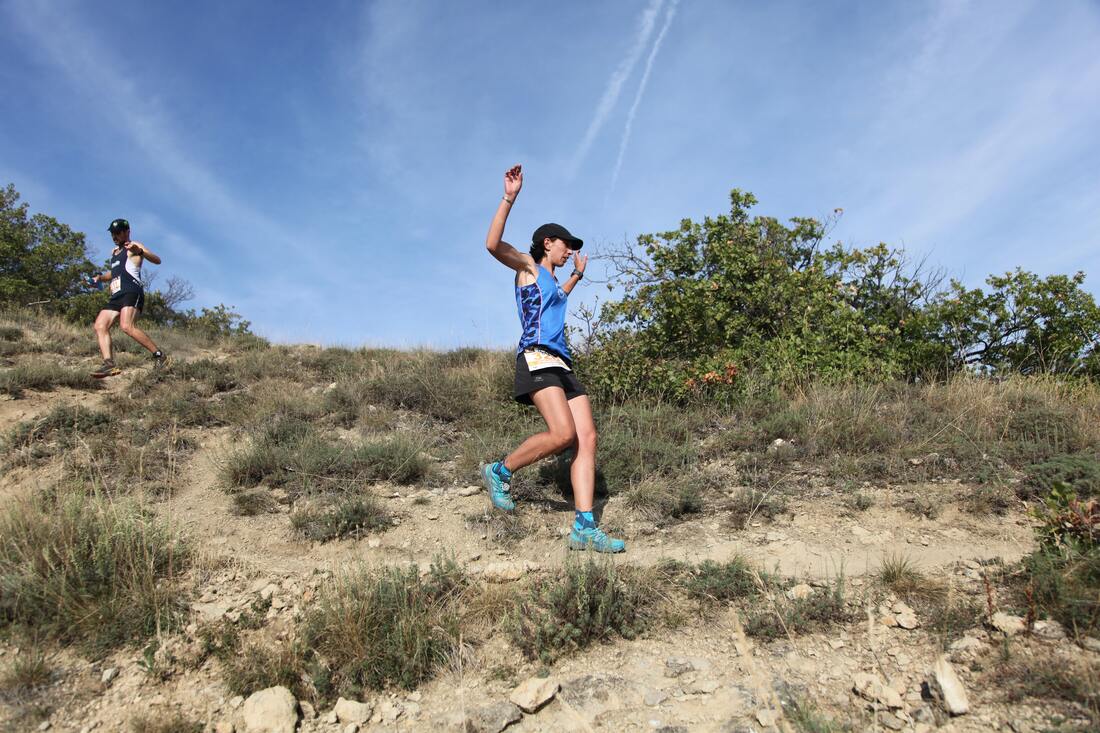 Photo by Massimo Sartirana on Unsplash One hundred and thirty-eight days ago, on July 7th, 2020, our city went into a tight COVID lockdown. We were only allowed out for one hour daily (plus essential trips) and masks were compulsory.
If exercising, masks were optional. Since we propel massive volumes of moist air from our lungs when running past people, I chose to wear a mask. Today restrictions were lifted. I trail run 5km daily, so that meant I ran 138 days with a mask. It wasn't what I would call enjoyable, but it did have some benefits. Today, running without a mask for the first time since lock-down, I was able to sustain my pace just breathing through my nose - that's a first. Perhaps. But overdosing will damage your kidneys Photo by Marcel Friedrich on Unsplash Scientists in the UK are calling for ministers to add vitamin D to common foods such as bread and milk to help the fight against Covid-1.
However, the call is controversial. Back in 2017, Professor Louis Levy, Public Health England's head of nutrition science, responded to calls for fortification by saying that there was not enough evidence that vitamin D would reduce the risk of respiratory infections. Recently, researchers in Spain found that 82% of coronavirus patients out of 216 admitted to hospital had low vitamin D levels. The picture is mixed; some research shows that vitamin D levels have little or no effect on Covid-19, flu and other respiratory diseases. Six lingering after-effects that will devastate your old ageWhile research into the longer-term effects of COVID-19 is in its infancy, we know that they include fatigue, brain fog, palpitations, mood swings, kidney damage, blood clots, cognitive decline, and increased chronic inflammation. While these symptoms can severely affect older adults, they are recorded in all age groups, even the 18 to 35s.
And they may last forever. The horror stories from COVID-19 survivors of their lingering impairment and suffering are only just coming to light. In July, the US Centers for Disease Control and Prevention released a report which found nearly a third hadn't returned to their usual state of health two to three weeks after testing positive for COVID-19. "In contrast, over 90 per cent of outpatients with influenza recover within approximately two weeks of having a positive test result," the report's authors note. Of this we can be sure - the long-term effects of COVID-19 on our health are pervasive and can be devastating. They are nothing like the rare damage caused by influenza. Better posture isn’t the answer - it's a symptom of something else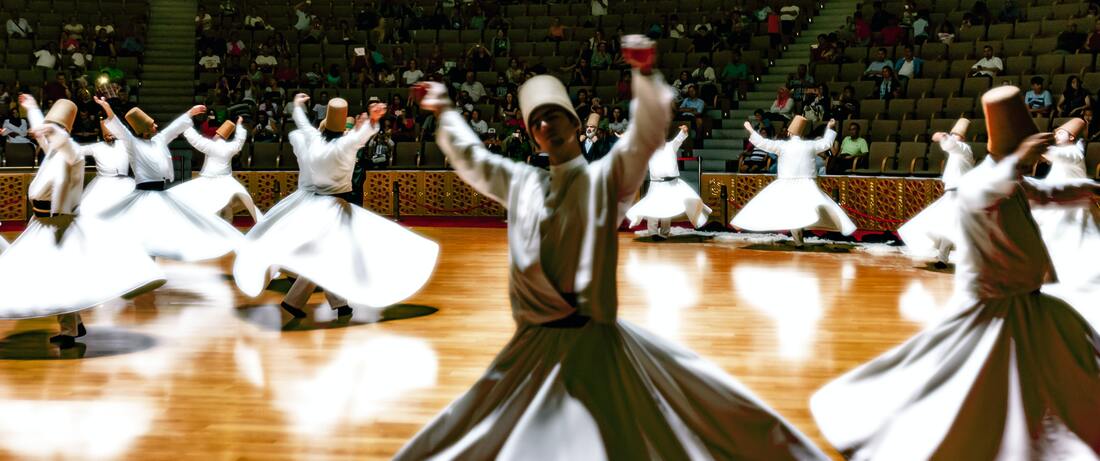 Photo by Hulki Okan Tabak on Unsplash The pandemic, and working from home, has led to us spending long hours in awkward body positions, typically resulting in hunching our shoulders forward. NYC dentist Tammy Chen, says “I’ve seen more tooth fractures in the last six weeks than in the previous six years".
It’s not just fractures but jaw pain, tooth sensitivity, achiness in the cheeks and migraines — sound familiar? The simple, universal cure is an appeal to "better posture". However, this is not the cure, as "better posture" is often a prescription for the wrong disease. In this post, I'll explain what the real cause it, and cures that work. This will not necessarily get you sitting up in a textbook posture, but it should cure you from damaging your teeth. Plus, fitness equals longer life no matter how overweight you are[Copy of my weekly newsletter] If you're a pet lover then you'll be interested to know that your cat wants a bit more space - lockdown is cramping its style. On the other hand, your dog is loving the attention
Here are my 4 Most Valuable pieces of content from around the web, to help you live longer better: ⭑ When medicine fails your pain - try the mind-body connection ⭑ Walking is the best way to kick off your fitness ⭑ You're getting on your cat's nerves ⭑ A single-leg strength exercise that should be on your daily schedule COVID flicks a self-destruct switch - here's your best chance to stop it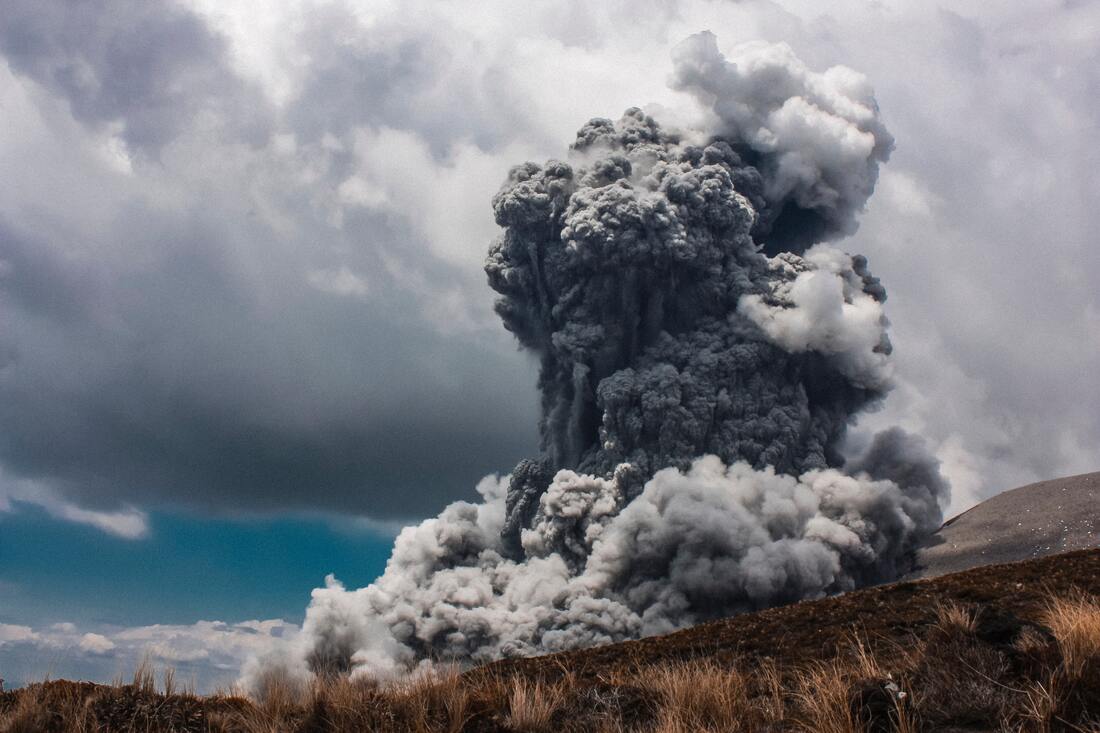 Photo by Jens Johnsson on Unsplash For every 1,000 people infected with the coronavirus who are under the age of 50, almost none will die. For people in their fifties and early sixties, about five will die. Studies reveal that age is by far the strongest predictor of a COVID-19-infected person's risk of dying.
To know that fact is to have information but to lack knowledge - you cannot alter your chronological age. I suspect age is the strongest predictor of anyone dying, i.e. to know that is not actionable. In this post, I will explain to you the reasons that your mortality risk is higher from COVID-19 when you are older, and what you can do about it. There are concrete actions that you can take once you appreciate the underlying reasons. I'll bet that this has not been explained to you before. Brief outside moderate to vigorous activity is best - take the childrenIn the midst of widespread working-from-home, COVID-related stress is on the rise. This is partly because of a general decrease in physical activity. For example, I'm currently in Stage 4 lock-down and we are only allowed out once per day for exercise, we need a permit to leave home for work, and cannot travel more than 5km from our home address.
We doing less exercise generally but we are also not getting any exercise associated with commuting, such as walking from the train station to the office. This is bad news since there is a well-established association between lower levels of total physical activity and lower levels of positive mental health. The mother you save may be your own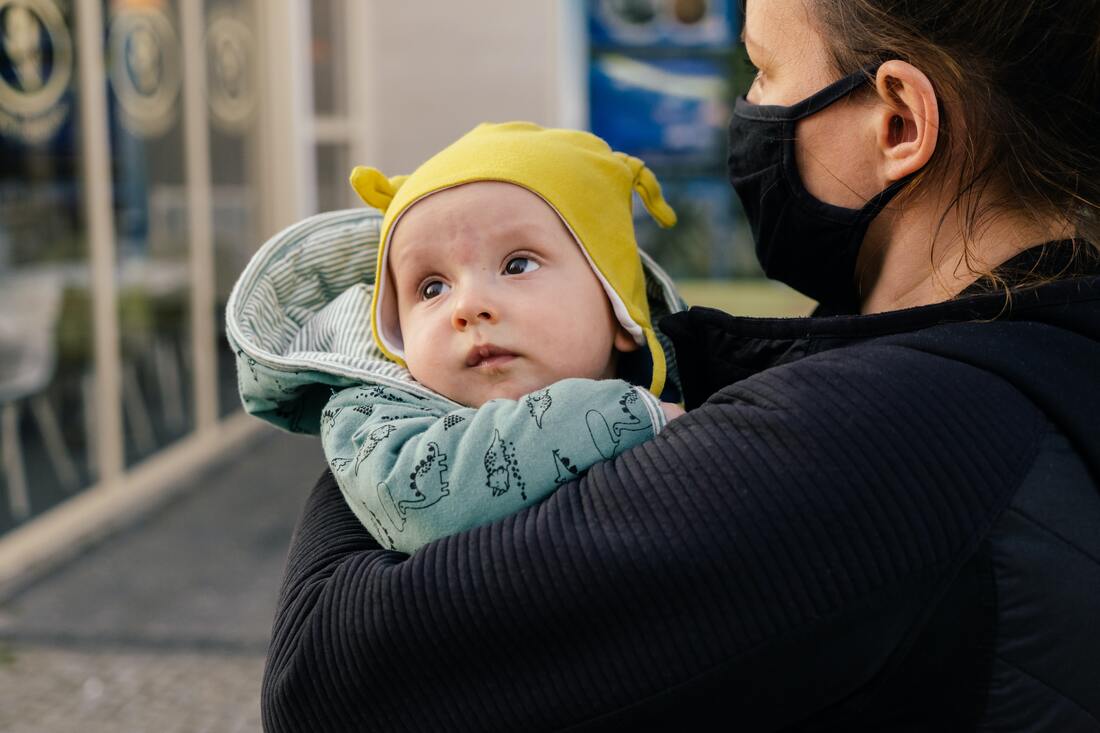 Photo by Marcin Jozwiak on Unsplash Governments can't cover every loophole when they are enacting novel rules in rapid time. They're doing a great job getting things done, and they rely on cooperation instead of exploitation by we public.
However, some people love loopholes more than they love their mother, even though exercising without a mask might kill their mother - or someone else's mother. Acknowledge your energy battle, and let your partner know Photo by israel palacio on Unsplash The stress of coping with Covid has caused a surge of calls to mental health support lines and strained many relationships to breaking point. That's not dissimilar to what happens case by case when one of a couple has cancer.
Fear and anxiety burn people out, and how they respond to their burn-out can be misinterpreted by those who would like to help them. The fact is that not everyone wants help, at least not the kind of help that well-meaning others may want to give. The difference in needs creates tension which adds to the stress and ultimately makes things worse. Nutritional timing and choice for a good night's sleep Photo by Daniel o'dowd on Unsplash In this time of the pandemic increased stress levels are interfering with the quality of our sleep. Poor sleep often leads to a poor day, and we enter a cycle of stress which is hard to break.
A good diet can go a long way to restoring better sleep and breaking the COVID stress cycle. |
ChoicesSince I was diagnosed at 50 with Type 2 diabetes I've been learning how to do bone-building fitness training which lowers my age. You can too. It's your choice. Walter Categories
All
Archives
May 2023
|
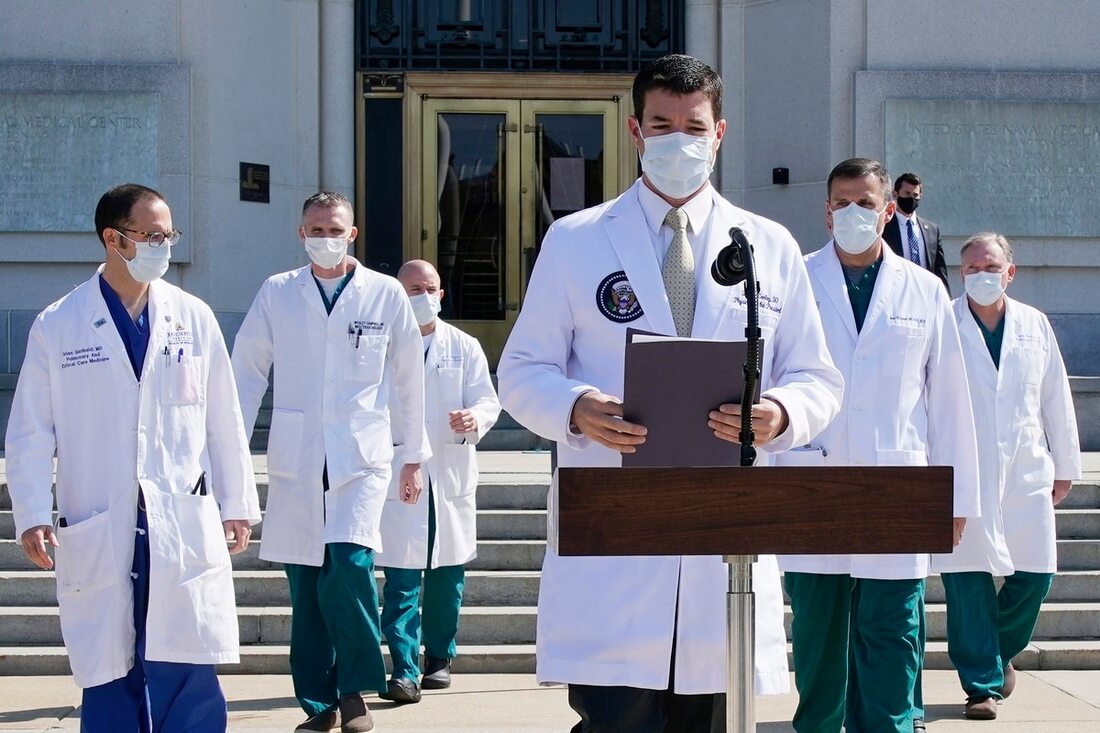
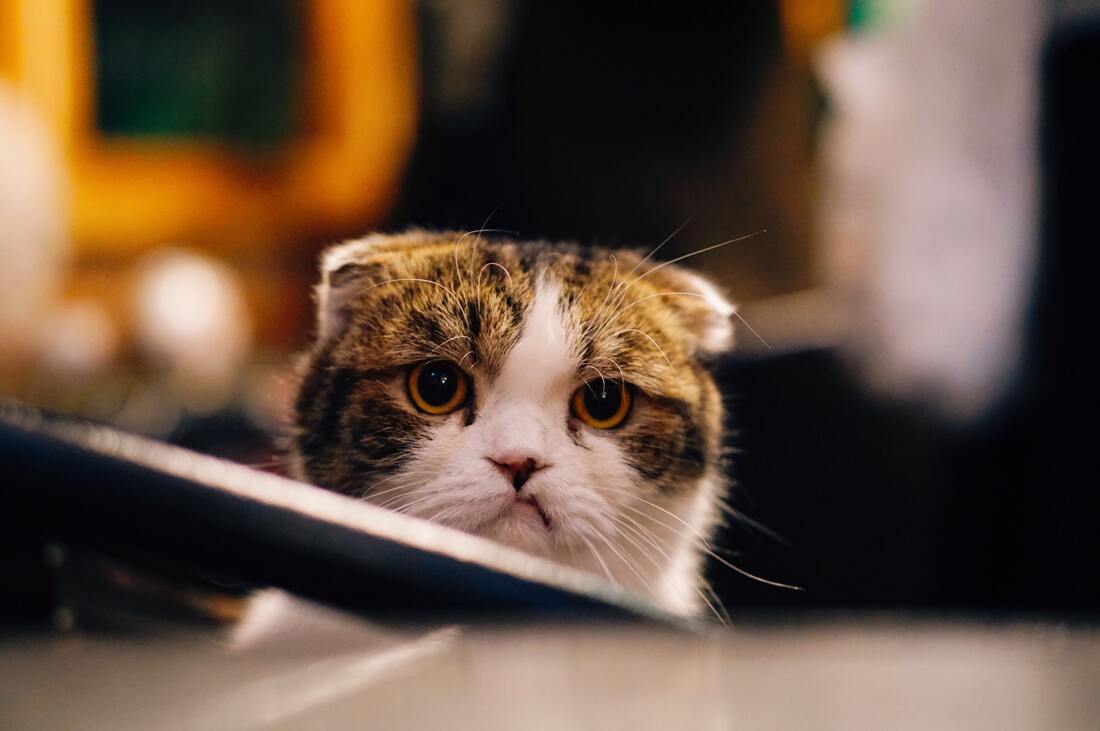
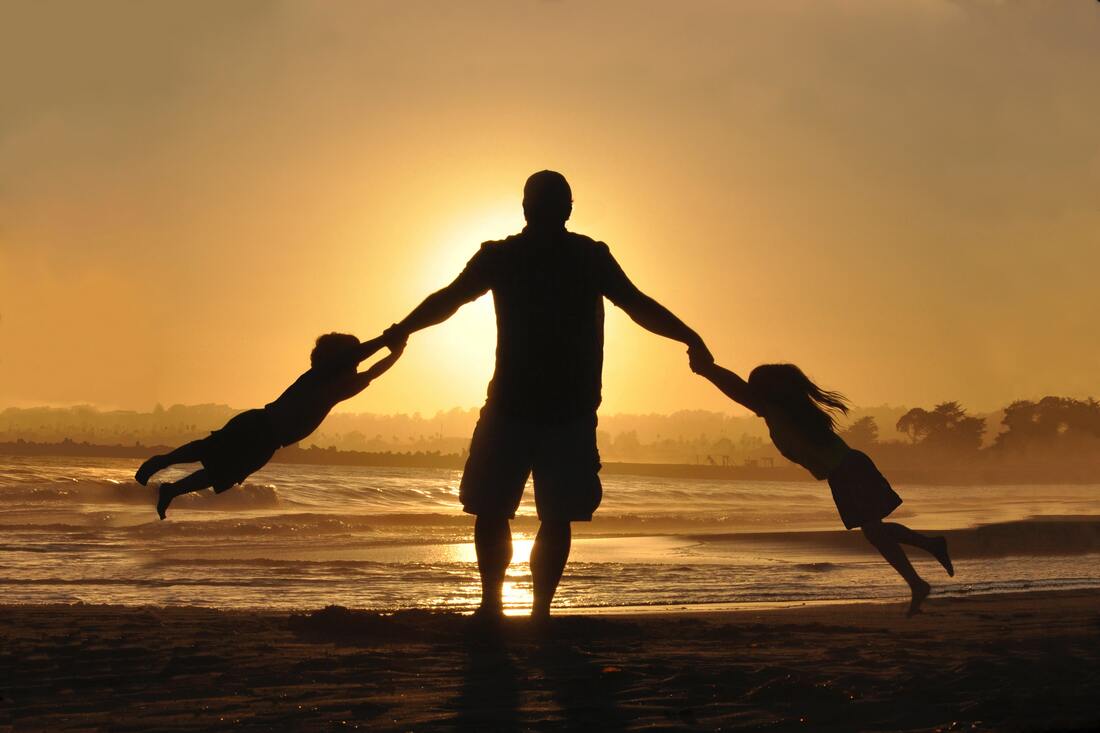
 RSS Feed
RSS Feed



